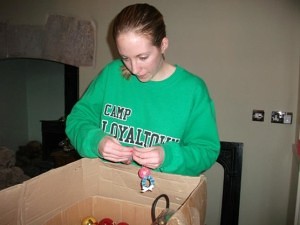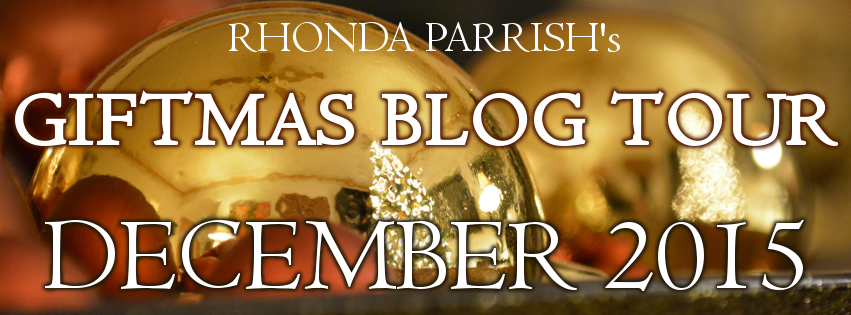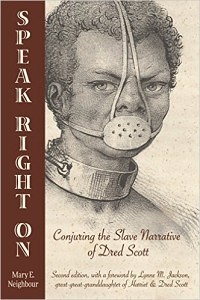When Kristina Wojtaszek’s new novel, Char, came out I invited her to share a guest post on my blog, because writing is a team sport (I mean, among other reasons). I sent her a list of suggested blog topics, one of which was “Top Three Reasons To Read My Story/Book”. Kristina took that and turned it on its head, instead writing the top six reasons to not read her book. Because of course she did. That’s how she rolls 🙂
Six Reasons Not to Read My Novel Char, of the Fae of Fire and Stone Series.
by Kristina Wojtaszek
- You prefer characters to be fair skinned, blonde haired and blue eyed, who practice good manners and never question authority or the rules of their world. For the rest of you, I’d like to introduce Luna, an ebony skinned woman with deadly powers who questions the patriarchal leadership that threatens to dominate, and even obliterate, her ancient race.
- You can’t stand confident, intelligent female protagonists. While there’s a smidgeon of strong, heroic males coming to a lady’s rescue, most of my series focus on the relationships between women—strong women. Queens who defy; princesses that refuse their own humanity, let alone humility; wars waged by women; and entire mythos surrounding the Queen of the Wood, the very goddess that began the race of Fae in my series, are all at your fingertips in OPAL and CHAR, alongside interesting men who serve as fathers, lovers and betraying enemies.
- You expect perfection from the book’s heroine. Because a hero is destined to greatness from the glorious, rainbowed day of their birth, and every action performed by their great coming-up is made with ultimate wisdom, compassion, honor and skill (I might have gagged just a little). While my heroine is Fae, and thus not quite human, I think you’ll find her more human than most. She screws up, and I mean big time. In fact, she starts out in the beginning of the book labeled a “witch,” cast out by the very people who raised her, and cursed to live out her days in isolation so she can’t harm anyone else—not unlike the solitary confinement of a mass murderer, in fact. Heck, even her mentor was a murdering, defunct queen whose bitterness caused her to shun her own child. So how can I expect you to root for either of these characters? Oh, but you will! That is the promise of a tale worth telling.
- You like your fairy tale retellings to follow the well known, Disneyfied versions of classic tales. If so, please don’t even bother to pick up CHAR or OPAL, whose first inspirations came from the roots of the oldest versions of Snow White, Hansel and Gretel, and The Seven Ravens, among others, and whose twists and turns call into question the motives of witch and queen alike. Because in this series, the Seven Dwarfs have been replaced by the Seven, a circle of ancient and powerful Fae, and symbolism of animals often used in fairy tales has taken on a whole new meaning in the story of these shape-shifters.
- You like your fantasies set in a generic medieval time in which religion, and religious persecution, don’t exist. While I did use somewhat of a generic medieval era for this series, I did a lot of research on medieval times, reading such titles as Medieval English Nunneries by Eileen Power, and Raised to Rule: Educating Royalty at the Court of the Spanish Habsburgs by Martha K. Hoffman, among too many others to list. And though I’d still consider myself a novice, I know this much: religion was of utmost importance to just about everyone living in the middle ages. Crusades were fought in the name of God, kings were said to be anointed by heaven, and those who fell from favor were often sentenced to death or torture based on accusations of heresy. Religion, and religious persecution, plays a heavy role in my series, and while you won’t be able to wholly identify one race with Hinduism, Christianity, Judaism, Islam or another of our major religions, you can certainly pick up aspects of various faiths, and even parallels to historical religious persecutions in my books. The Fae are believers in a Great Mother, which, while entirely imagined, has some ties to pagan beliefs of old. And my editor once commented on how some of their sufferings reminded her of what the Jews went through, and I was proud to have had someone recognize that, though this is hardly their story, nor the story of any specific religious struggle. It is a fantasy, after all. But even fantasies need some element of reality to rein them in and align them with our own, searching souls.
- When you read the word Fae, you expect to find another race akin to Tolkien’s elves or some such tree-dwelling fairy-like creature with pointed ears, pure hearts, and unnatural beauty. If that’s the case, please read Tolkien, because he did it first, and he did it best, and I don’t believe in redoing the awesomeness that created its own trope. My Fae creatures are quite like humans, except their eyes are just a little too dark, and their various powers allow them to wear the skin of a snake, draw down a blizzard, or decipher the quiet mind of a plant. I believe the only inherent truth about Fae is that, unlike humans, they are bound by nature. So rather than taking all my influence from ancient Irish lore, I dove much more heavily into Native American mythology in the making of my Fae. Because what human society dwelled more in the heart of nature than Native Americans? So if you like the idea of surly old men who shape-shift into the disgruntled bears they take after, or sly, shadow-seeking women who prefer life in the shape of owl, amphibian or wolf to the domestic entrapment of men, you might just want to take a peek at my series.
Fire is never tame—least of all the flames of our own kindling. Raised in isolation by the secretive Circle of Seven, Luna is one of the few powerful beings left in a world dominated by man. Versed in ancient fairy tales and the language of plants, Luna struggles to control her powers over fire. When Luna’s mentor dies in her arms, she is forced into a centuries-long struggle against the gravest enemy of all Fae-kind—the very enemy that left her orphaned. In order to save her people, Luna must rewrite their history by entering a door in the mountain and passing back through time. But when the lives of those she loves come under threat, her rage destroys a forest, and everything in it. Now called the Char Witch, she is cursed to live alone, her name and the name of her people forgotten. Until she hears a knock upon her long-sealed door. Interwoven with elements of Hansel and Gretel and The Seven Ravens, Char is the stand alone sequel to Opal, and second in the Fae of Fire and Stone trilogy.
Find it Online:
Amazon
Barnes & Noble
Books-a-Million
Goodreads
Independent Bookstores
iTunes/Apple iBooks
Kobo
OmniLit
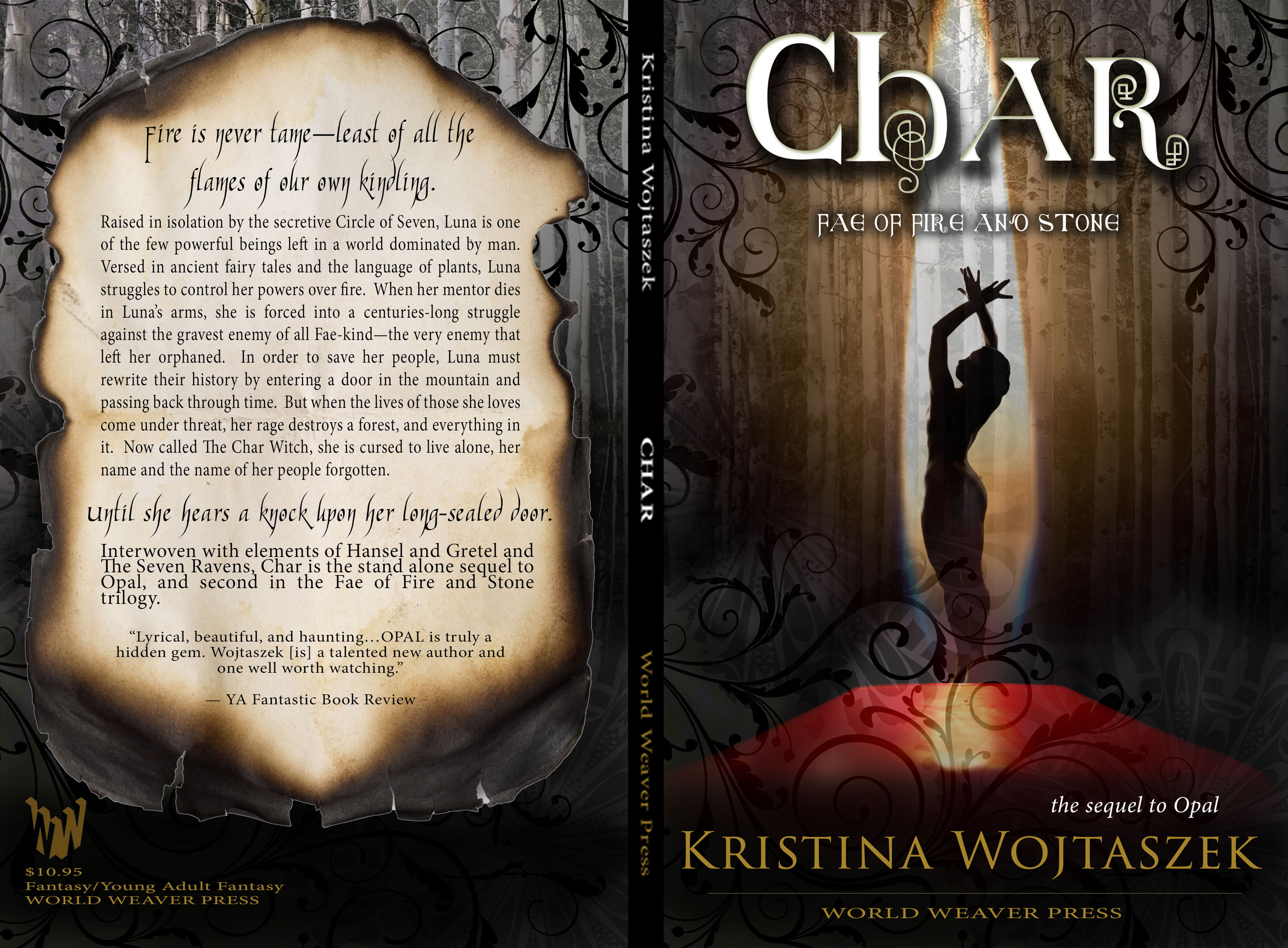
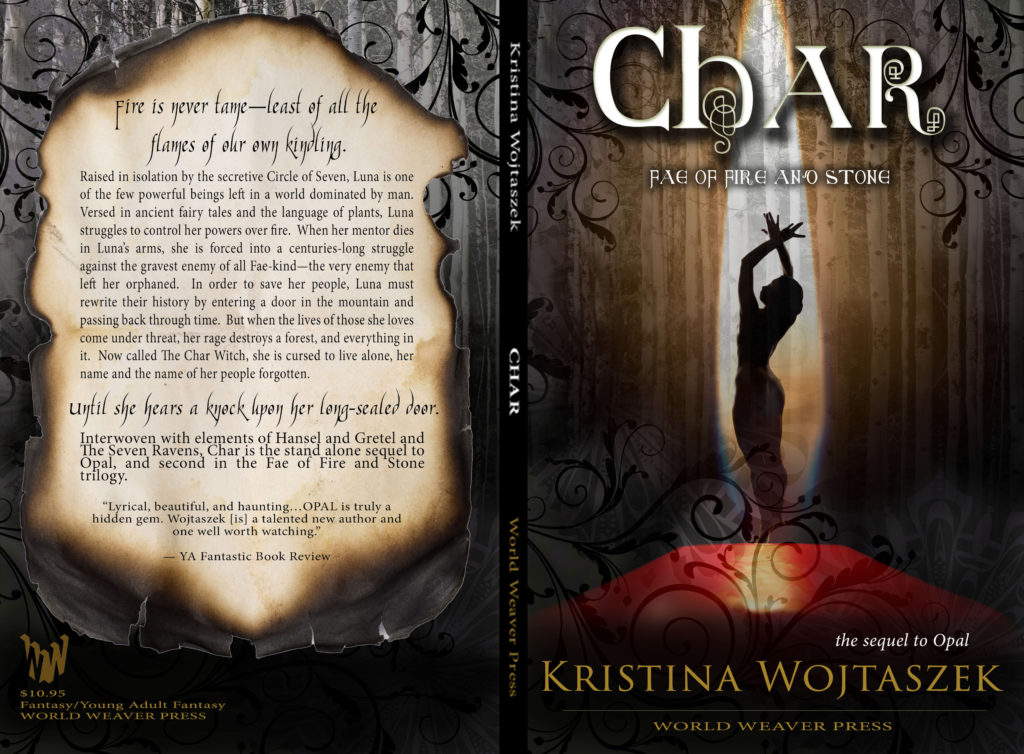

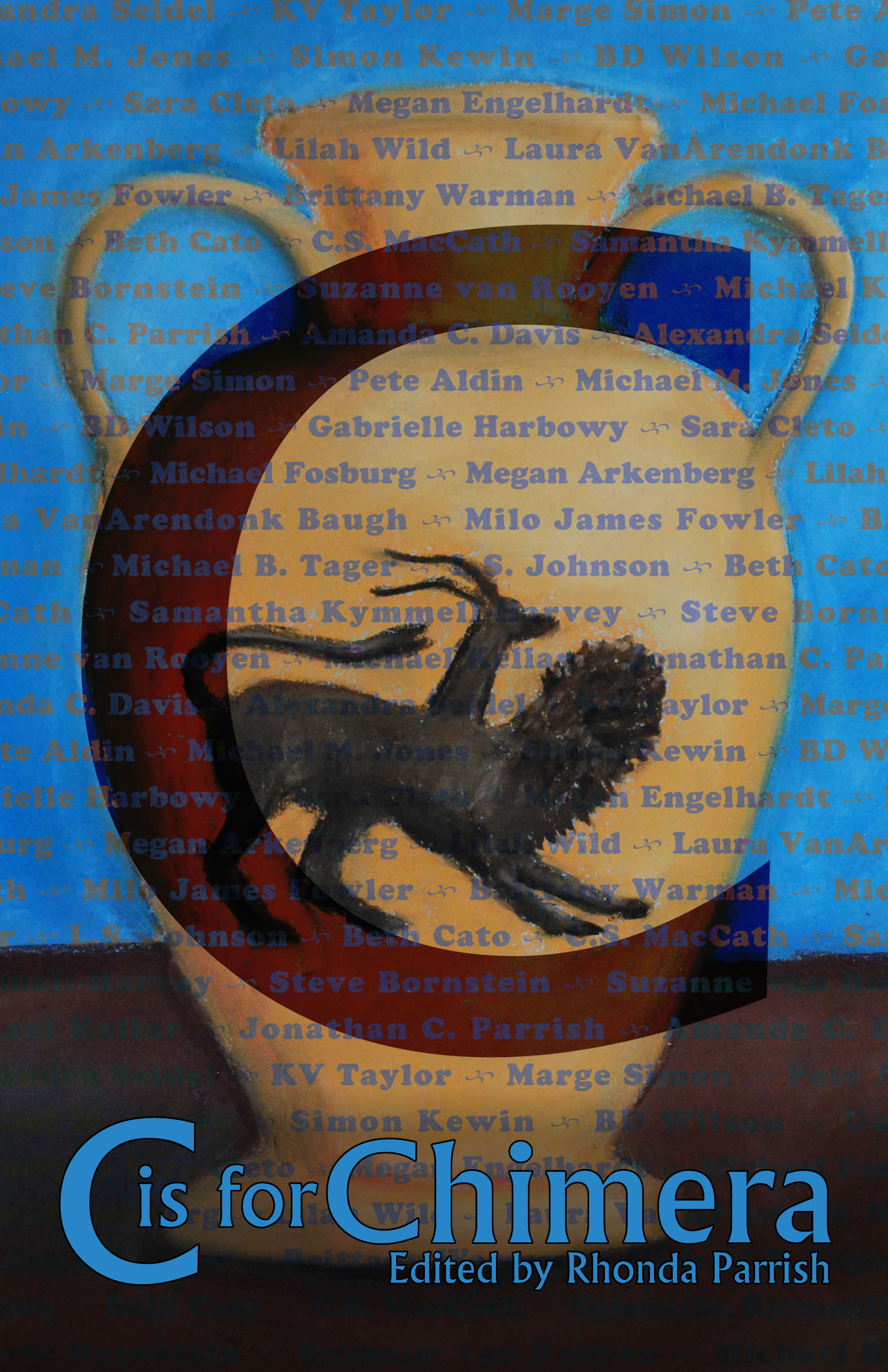
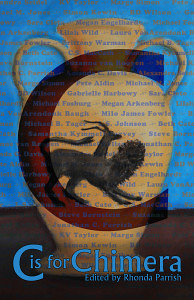
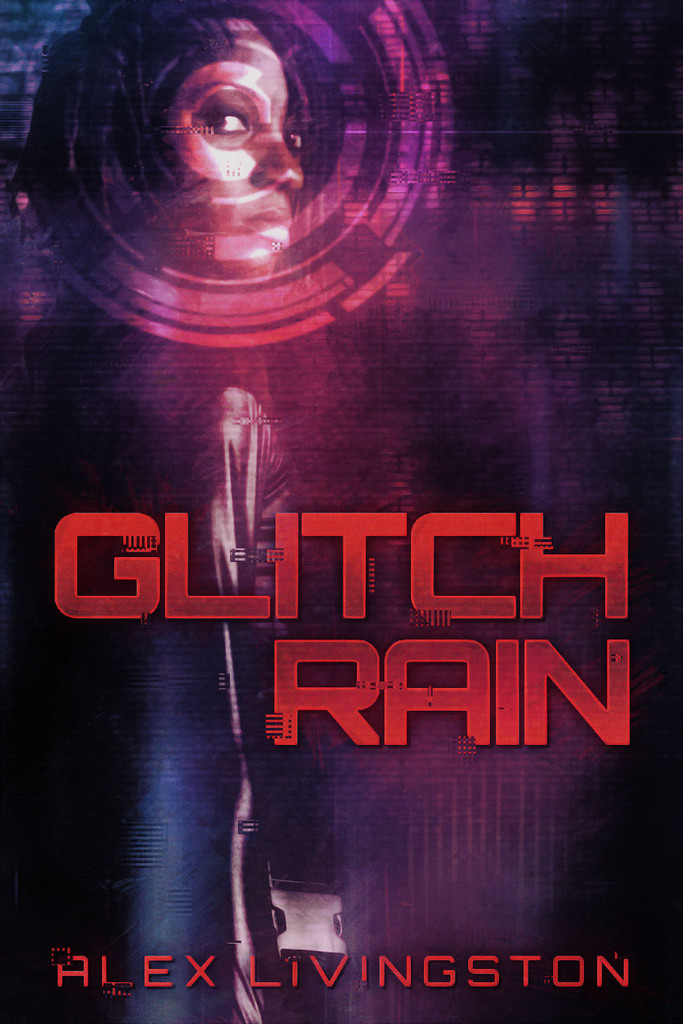


 Tabitha currently lives in Rhode Island, a few towns away from where she grew up. She is married, has four great kids, a spoiled Ragdoll cat, and lovable black lab. The house is noisy and the dinner table full! She holds a degree in Classics from College of the Holy Cross and taught Latin for years at a small, independent Waldorf school. She also worked in the admissions office there before turning her attention to full-time writing.
Tabitha currently lives in Rhode Island, a few towns away from where she grew up. She is married, has four great kids, a spoiled Ragdoll cat, and lovable black lab. The house is noisy and the dinner table full! She holds a degree in Classics from College of the Holy Cross and taught Latin for years at a small, independent Waldorf school. She also worked in the admissions office there before turning her attention to full-time writing.


